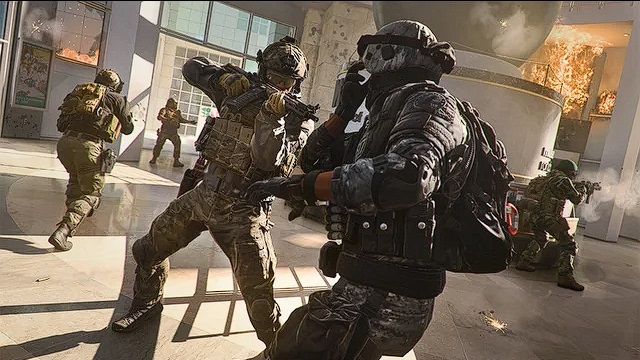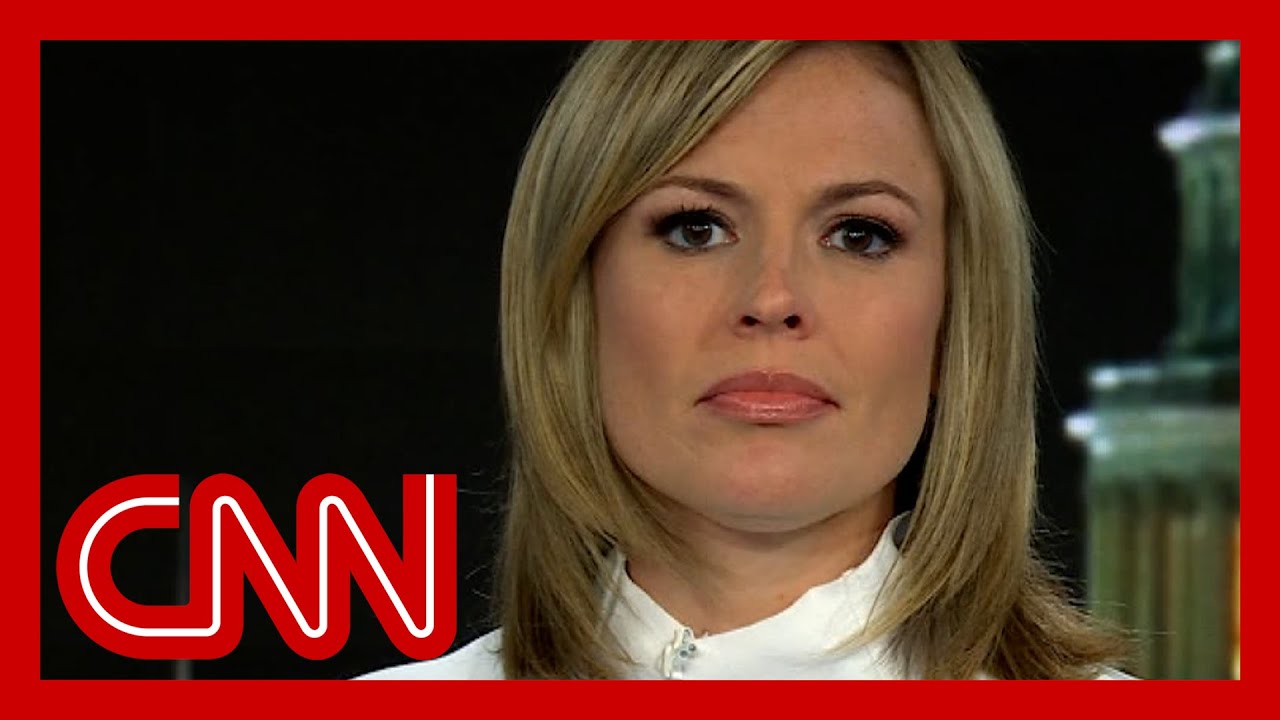FTC's Appeal Could Delay Or Block Microsoft's Activision Acquisition

Table of Contents
The FTC's Concerns and Arguments Against the Merger
The FTC's opposition to the merger centers on two primary concerns: anti-competitive practices and data privacy issues.
Anti-competitive Concerns
The FTC argues that the merger would create a monopoly, stifling competition within the gaming market, particularly in the rapidly growing cloud gaming sector. They contend that Microsoft, once in control of Activision Blizzard's vast portfolio of popular titles, could leverage its power to exclude competitors.
- Exclusionary Tactics: Microsoft could make Activision Blizzard games, like the immensely popular Call of Duty, exclusive to its Xbox ecosystem, severely harming competitors like PlayStation and Nintendo. This could force gamers to switch platforms or miss out on major releases.
- Market Domination: Microsoft already holds a significant market share in the console market, and the addition of Activision Blizzard's titles would solidify its dominance, potentially leading to higher prices and reduced innovation. Industry analysts estimate that the combined market share would significantly exceed healthy competition thresholds.
- ** Stifling Innovation:** The FTC argues that reducing competition will stifle innovation within the gaming industry, ultimately hurting consumers. Without the pressure of competition, Microsoft might be less inclined to invest in new technologies or game development. The agency emphasizes its commitment to preserving consumer choice and fostering a dynamic and innovative gaming market.
Data Privacy Issues
Another key concern for the FTC is the potential misuse of user data resulting from the merger. The combined entity would gain access to an enormous amount of sensitive user information.
- Sensitive Data Collection: This includes personal details, gaming habits, spending patterns, and potentially even in-game communications. This concentration of sensitive data raises significant privacy concerns.
- Potential Violations: The FTC fears that the merger could violate existing data privacy regulations, potentially leading to significant fines and legal repercussions for Microsoft. The agency will likely scrutinize the merged entity's data handling practices to ensure compliance with relevant legislation such as the CCPA and GDPR.
Microsoft's Defense and Counterarguments
Microsoft counters the FTC's arguments with claims that the merger will benefit both gamers and the industry as a whole.
Competitive Landscape Arguments
Microsoft insists that the merger will not stifle competition, citing its commitment to ensuring fair access to Activision Blizzard's titles across various platforms.
- Platform Agreements: Microsoft has offered long-term agreements to keep Call of Duty and other Activision Blizzard games available on PlayStation and other competing platforms, aiming to demonstrate its commitment to fair play.
- Cloud Gaming Commitment: Microsoft has also publicly pledged to continue supporting cloud gaming across various platforms, emphasizing its intention to avoid anti-competitive practices.
- Market Dynamics: Microsoft argues that the gaming market is dynamic and diverse, with numerous players and ongoing innovation. The addition of Activision Blizzard’s games will not create a monopoly, as other major players such as Sony and Tencent remain strong competitors.
Benefits for Gamers and the Industry
Microsoft highlights several potential benefits for gamers, emphasizing increased access to games and technological advancements.
- Game Pass Expansion: The merger would significantly expand the offerings on Microsoft's Game Pass subscription service, giving subscribers access to a wider variety of popular titles.
- Cross-Platform Play: Increased collaboration between studios could lead to improved cross-platform play and enhanced gaming experiences.
- Technological Innovation: Microsoft envisions the merger as a catalyst for innovation in gaming technology, potentially accelerating advancements in areas like AI, cloud computing, and virtual reality. They project significant growth in the overall gaming market as a result.
Potential Outcomes and Implications of the FTC's Appeal
The FTC's appeal could have profound consequences for the acquisition, impacting its timeline and the future of the gaming industry.
Delaying the Acquisition
The appeal process could significantly delay the closing of the deal, potentially stretching the timeline for months or even years.
- Legal Battle: The FTC's appeal will involve extensive legal proceedings, including document reviews, witness testimonies, and potentially a full-blown trial.
- Possible Scenarios: Several outcomes are possible: a complete blocking of the acquisition, the imposition of conditions for approval, or a negotiated settlement. The ultimate decision will heavily influence the gaming landscape.
Impact on the Gaming Industry
Regardless of the outcome, the FTC's appeal will undoubtedly leave a mark on the gaming industry.
- Competitor Reactions: Competitors are closely watching the case, as it sets a precedent for future mergers and acquisitions in the industry.
- Developer Uncertainty: The uncertainty surrounding the deal's fate creates uncertainty for game developers, potentially affecting investment decisions and future projects.
- Consumer Impact: The ultimate impact on consumers will depend on the final ruling and whether it leads to increased prices, reduced choice, or enhanced gaming experiences.
Conclusion
The FTC's appeal against the Microsoft-Activision Blizzard merger presents a critical juncture for the gaming industry. The arguments presented by both sides – the FTC's concerns about anti-competitive practices and data privacy versus Microsoft's claims of benefits for gamers and industry innovation – highlight the complexities and potential consequences of this massive deal. FTC's appeal could delay or block Microsoft's Activision acquisition, significantly impacting the competitive landscape and the future of gaming. Stay tuned for further updates on this crucial case that will shape the future of the gaming industry. Follow [your website/publication] for ongoing coverage of the FTC's appeal and its impact on the Microsoft Activision Blizzard acquisition.

Featured Posts
-
 Ftcs Appeal Could Delay Or Block Microsofts Activision Acquisition
Apr 26, 2025
Ftcs Appeal Could Delay Or Block Microsofts Activision Acquisition
Apr 26, 2025 -
 Floridas Charm A Cnn Anchors Favorite Vacation Spot
Apr 26, 2025
Floridas Charm A Cnn Anchors Favorite Vacation Spot
Apr 26, 2025 -
 Sinners How Cinematography Showcases The Mississippi Deltas Expansive Landscape
Apr 26, 2025
Sinners How Cinematography Showcases The Mississippi Deltas Expansive Landscape
Apr 26, 2025 -
 Jan 6th Falsehoods Ray Epps Defamation Case Against Fox News Explained
Apr 26, 2025
Jan 6th Falsehoods Ray Epps Defamation Case Against Fox News Explained
Apr 26, 2025 -
 Investing In Musks Future A Look At The Market For Private Company Stakes
Apr 26, 2025
Investing In Musks Future A Look At The Market For Private Company Stakes
Apr 26, 2025
